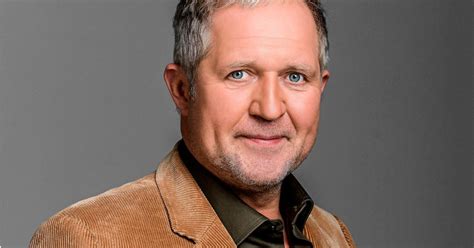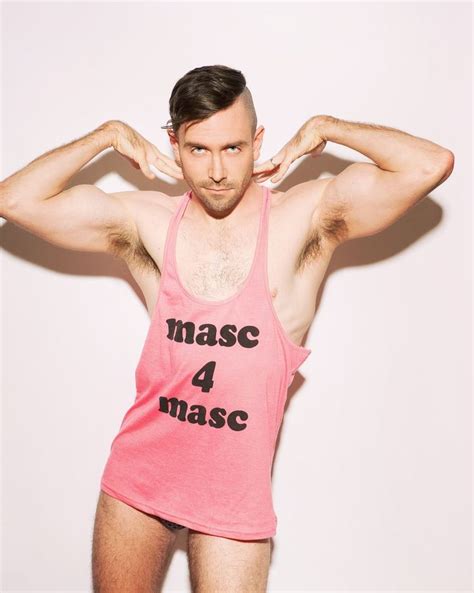A Quote by Ann Nocenti
I don't think most people are all heroic or all villainous, so I find ambiguity of motivations to be a natural human condition.
Related Quotes
in addition to the conditions under which life is given to man on earth, and partly out of them, men constantly create their own, self-made conditions, which, their human origins notwithstanding, possess the same conditioning power as natural things. whatever touches or enters into a sustained relationship with human life immediately assumes the character of a condition of human existence. this is why men, no matter what they do, are always conditioned beings. whatever enters the human world of its own accord or is drawn into it by human effort becomes part of the human condition.
The literary story is a story that deals with the complicated human heart with an honest tolerance for the ambiguity in which we live. No good guys, no bad guys, just guys: that is, people bearing up in the crucible of their days and certainly not always - if ever - capable of articulating their condition.
Human life is an extension of the principles of nature, and human civilization is a venture extrapolated out of human natures: man and his natural potential are the root of the entire human domain. The great task of all philosophizing is to become competent to interpret and steer the potential developmental forces in human natures and in the human condition, both of which are prodigiously fatalistic.

































